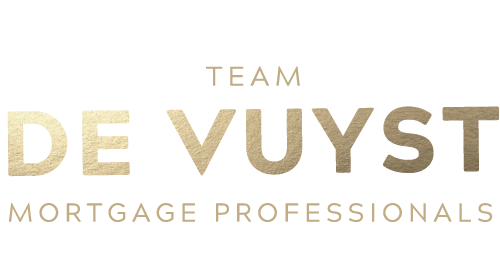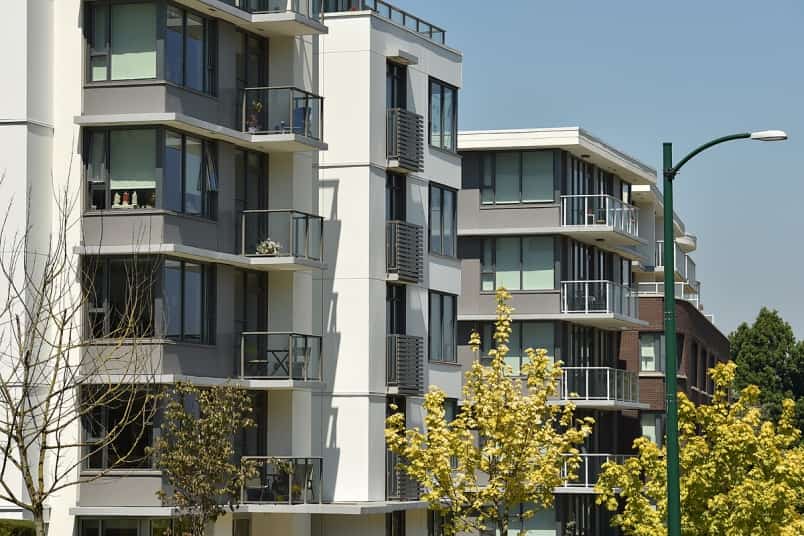Metro Vancouver condo prices to plunge 26% by 2021
Photograph By DAN TOULGOET
Metro Vancouver’s average condo sale price will fall from its peak of $750K in 2018’s first quarter to as little as $550K by late 2021, according to a trend report from a local real estate analyst.
That’s a drop of 26.6 per cent, similar to previous troughs seen in prior real estate market downturns, said Dane Eitel of Eitel Insights.
“Three-quarters of a million dollars is a kind of natural barrier to condo prices. I believe the condo market was going to retract on its own anyways, due to the price rises we’ve seen and the natural cycle of the market. But the mortgage stress test and the news that the market wasn’t doing so well has added on to that,” Eitel told Glacier Media in an interview.
Eitel, who applies stock market-style trend analytics to the housing market, recently predicted that the average detached home price would fall around 22 per cent from $1.8 million to $1.4 million in 2021, before recovering in the following years.
“The condo market does lag the detached home market time and time again, and we see that here.”
So far this year, the average condo sale price has dropped from $750,000 to under the $700K mark, clearly reversing the recent steep upward price trend (see graph).
So why the expectation of a drop to $550,000?
“It leads back to the stress test,” said Eitel. “With a drop in purchasing power of 20 per cent, that takes you from $750K to $600K. Added to that rising inventory and buyers left on the sidelines, you’re looking at a likely bottom of maybe $590K, but more likely $550K. And with that, you’re really only looking at a $50,000 increase in buying power.”
Eitel said that the condo market will also lag the detached home market in terms of its post-2021 recovery, but would likely be nearing peak levels again by around 2024 – recovering in approximately the same amount of time it took to downturn.
“The detached market will recover quicker than the condo market, because the condo market will have that much more inventory,” said Eitel. “We’re also looking at a rush of investors walking away from presale units, as many would rather lose their five per cent deposit than take on a 25 per cent value drop. So the developers will have to sell those on, and good luck to them.”
He added, “But that also means new units will become much more affordable, and that will make it harder to sell an older condo, as buyers prefer the new units,”
Eitel is not the only one expecting prices will drop by a significant margin. Stephen Brown, chief Canada economist at Capital Economics, recently issued an advisory note titled “Vancouver housing heading for bumpy landing” in which he warned that an excess of inventory will see the region’s real estate prices “see a significant correction.”
What does all that mean for sellers and buyers? Eitel said that current condo sellers can either take whatever price they can get now – and understand that it won’t be a fast, multiple-bid process – or expect a long wait for sale prices to recover.
For buyers, Eitel says it depends on their long-term outlook. “If you’re a condo investor, and especially for speculators, now is not a good time to invest, and you’ll be happy you waited. And for first-time buyers who are leveraging themselves to get into the market, it might not be the best time.
“But for some buyers, there’s still a rationale to buy now. For example, your income might not qualify as high a level in three years’ time, or maybe you simply want to get out of renting and paying someone else’s mortgage. As long as you’re looking at least 10 years into the future, and as long as you’re qualified and have a good down payment, the day to buy is always today. Once you’re in, you’re good.”
This article was originally posted by Vancouver is Awesome.
RECENT POSTS









